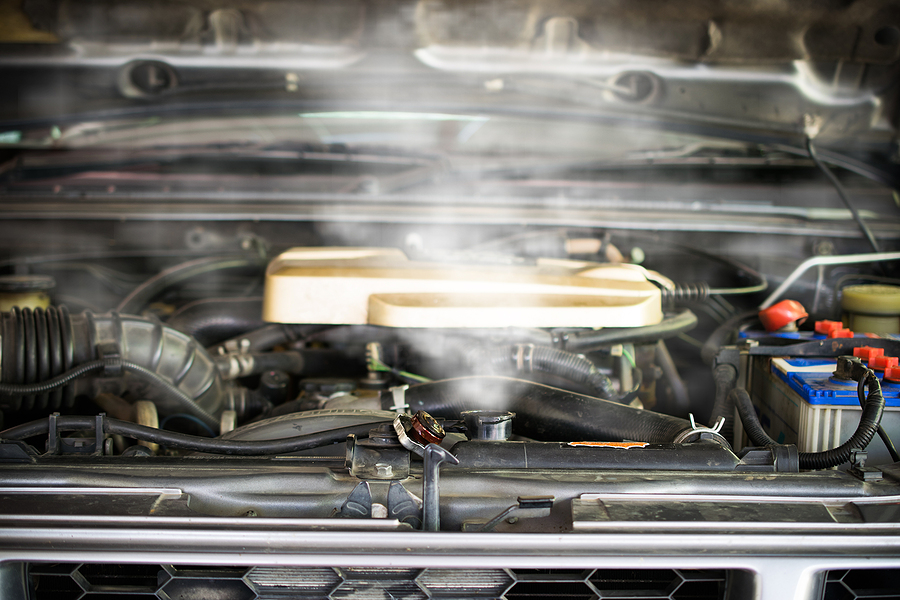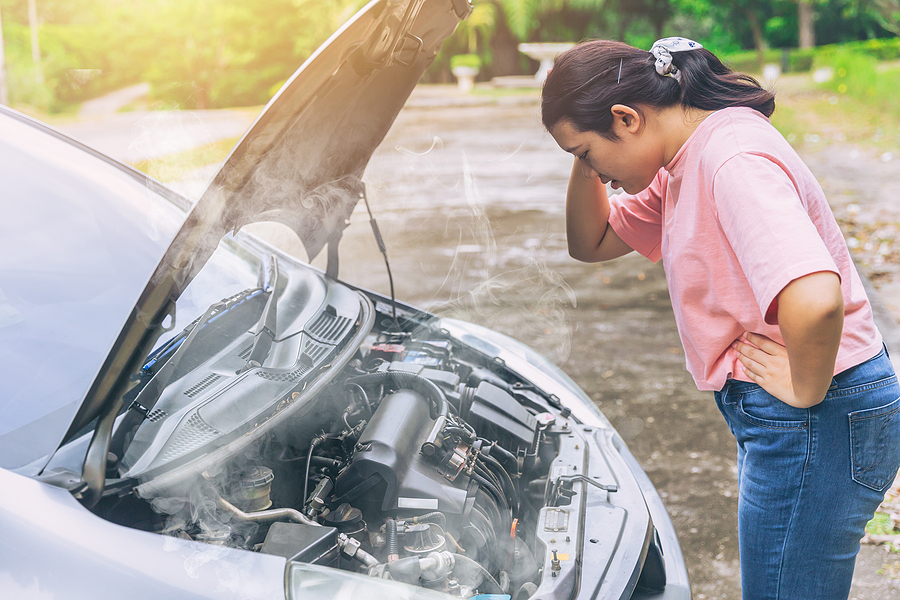Imagine cruising down the highway on a sunny day, your favorite tunes playing, and not a care in the world. Suddenly, your bliss is interrupted as you notice steam billowing from your car’s hood and the temperature gauge shooting up. Car overheating can turn a perfect drive into a stressful ordeal. But worry not! Let’s break down the causes of a car overheating and arm you with practical tips on how to keep your engine cool, so you can get back on the road with peace of mind.
Understanding Car Overheating
What is Overheating?
Overheating occurs when the temperature of the engine climbs to a point where mechanical damage can occur, usually above 240 degrees Fahrenheit. When a car is running, it’s normal for temperatures to rise, but a variety of factors can cause them to increase to unsafe levels.
Why Does It Matter?
Ignoring the signs of car overheating can lead to costly repairs or even a complete engine replacement. Keeping your engine cool is essential for the longevity of your car and for your safety.
Common Causes of a Car Overheating
Coolant Issues
One of the primary reasons for car overheating is issues with the coolant. The coolant is a fluid that absorbs heat from the engine and releases it through the radiator. If your car doesn’t have enough coolant or it’s not circulating properly, your engine can overheat.
Leaks: Coolant might be leaking from hoses, the radiator, or the engine itself. Even a small leak can have a significant impact over time.
Clogged Radiator: Dirt and debris can clog the radiator, preventing the coolant from flowing through it. This can cause the coolant to not release the absorbed heat effectively.
Wrong Type of Coolant: Using a coolant that’s not recommended for your vehicle can cause inefficiencies in cooling. Always refer to the vehicle’s manual for the recommended type of coolant.
Radiator Problems
The radiator is crucial for dissipating heat absorbed by the coolant. A malfunctioning or clogged radiator will not effectively cool the engine.
Clogs: As mentioned, dirt and debris can clog the radiator.
Leaks: A leaking radiator will cause the coolant level to drop.
Faulty Radiator Fan: The fan helps cool the coolant when the car isn’t moving. If the fan isn’t working correctly, the coolant won’t be cooled properly at idle or low speeds.
Broken Water Pump
The water pump is like the heart of the cooling system and circulates coolant through the engine. If it’s broken or leaking, the engine can’t cool down properly.
Leaking Pump: Coolant might leak from the pump, reducing the amount of coolant available for cooling.
Broken Impeller: The impeller helps circulate the coolant. If it’s broken, the coolant won’t circulate properly.

Thermostat Failure
The thermostat regulates the amount of coolant flowing between the engine and the radiator. A stuck thermostat doesn’t let the coolant flow as needed, which can cause overheating.
Stuck in Closed Position: If the thermostat gets stuck in the closed position, it will prevent coolant from leaving the engine and absorbing more heat.
Faulty Temperature Sensor: If the thermostat’s temperature sensor is faulty, it might not open even when the engine is hot.
How to Keep Your Engine Cool
Now that you understand the causes of a car overheating, here are some practical tips on keeping your engine cool.
Regular Maintenance
Routine maintenance is key. Check your coolant levels regularly and make sure you’re using the correct type. Inspect belts and hoses for wear and ensure that your radiator is in good condition.
Monitor Temperature Gauge
Keep an eye on your car’s temperature gauge. If it begins to climb, this is an early sign that your engine is overheating. Take action immediately.
What to Do If Your Car Overheats
If your car is overheating, immediately pull over to a safe spot. Turn off the engine to allow it to cool down. Do not open the hood or try to remove the radiator cap until the car has cooled, as you risk being burned by steam or hot coolant. Once cooled, check the coolant levels and look for leaks.
Seek Professional Help
If you’re not able to identify the cause of the car overheating, or if it’s a recurring issue, it’s best to seek the assistance of a professional mechanic.
Time to Take Action
Don’t let car overheating catch you off guard. If you ever find yourself facing an overheating engine on the road, remember that prompt action is vital to prevent damage. And should you need professional towing assistance, Accurate Towing Service is just a call away. Our experienced team is here to get you and your car to safety. Ready to take control of your car’s health? Reach out to us for more tips and resources, and let Accurate Towing Service be your trusted partner on the road. Drive smart, stay cool, and keep moving forward with confidence.



